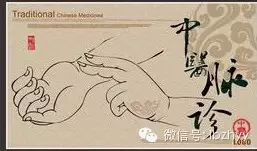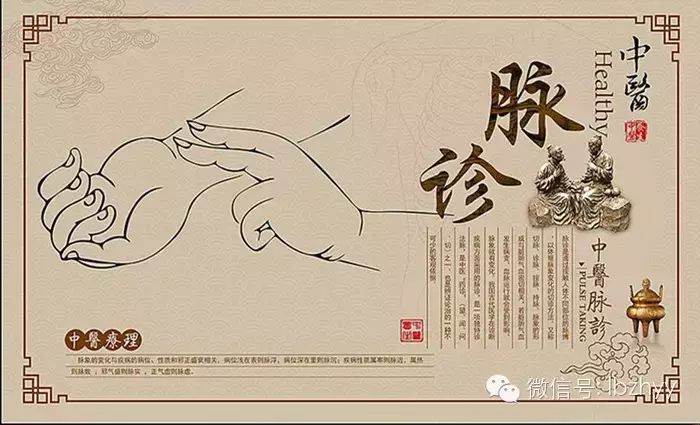Pulse Qualities: Floating, Deep, Slow, and Rapid
Floating Pulse (Fu Mai): The pulse is felt superficially. It is easily detected with light pressure, but feels weaker with heavy pressure. This pulse often indicates an exterior condition, suggesting that the disease is located on the surface. A tight floating pulse indicates exterior cold, a rapid floating pulse indicates exterior heat, a strong floating pulse indicates excess, and a weak floating pulse indicates deficiency. It is commonly seen in the early stages of colds, flu, and various infectious diseases. However, it can also appear as a weak floating pulse in chronic illness or in cases of yin deficiency with yang not anchored.

Deep Pulse (Chen Mai): The pulse is felt deeply. It is not apparent with light pressure and can only be felt with firm pressure. This pulse indicates an interior condition; a strong deep pulse suggests interior excess, while a weak deep pulse indicates interior deficiency. A slow deep pulse indicates interior cold, while a rapid deep pulse indicates interior heat. A rough deep pulse suggests qi stagnation and blood stasis, commonly seen in conditions like edema, abdominal pain, chronic illness, and various deficiency diseases.
Hidden Pulse (Fu Mai): This pulse is even deeper than the deep pulse and can only be felt with significant pressure, often requiring the practitioner to press down to the bone. It indicates internal obstruction of pathogenic factors or severe pain or syncope.

Slow Pulse (Chi Mai): The pulse rate is low, with fewer than four beats per breath (less than 60 beats per minute). This pulse indicates a cold condition; a strong slow pulse suggests cold accumulation (yang deficiency with excess yin), while a weak slow pulse indicates a cold deficiency condition, commonly seen in heart qi deficiency and other related conditions.

Rapid Pulse (Shu Mai): The pulse rate is high, with more than six beats per breath (more than 90 beats per minute). This pulse indicates a heat condition; a floating rapid pulse suggests exterior heat, a deep rapid pulse indicates interior heat, a strong rapid pulse indicates excess heat, and a thin rapid pulse indicates deficiency heat. A wiry rapid pulse often suggests excessive liver fire, commonly seen in febrile diseases or hyperthyroidism. A rapid pulse that is weak may also be seen in qi deficiency.
Fast Pulse (Ji Mai): This pulse has a rate of seven to eight beats per breath (approximately 120 beats per minute) and often indicates extreme yang energy, with yin energy on the verge of depletion, or a critical condition where the vital energy is about to collapse.

